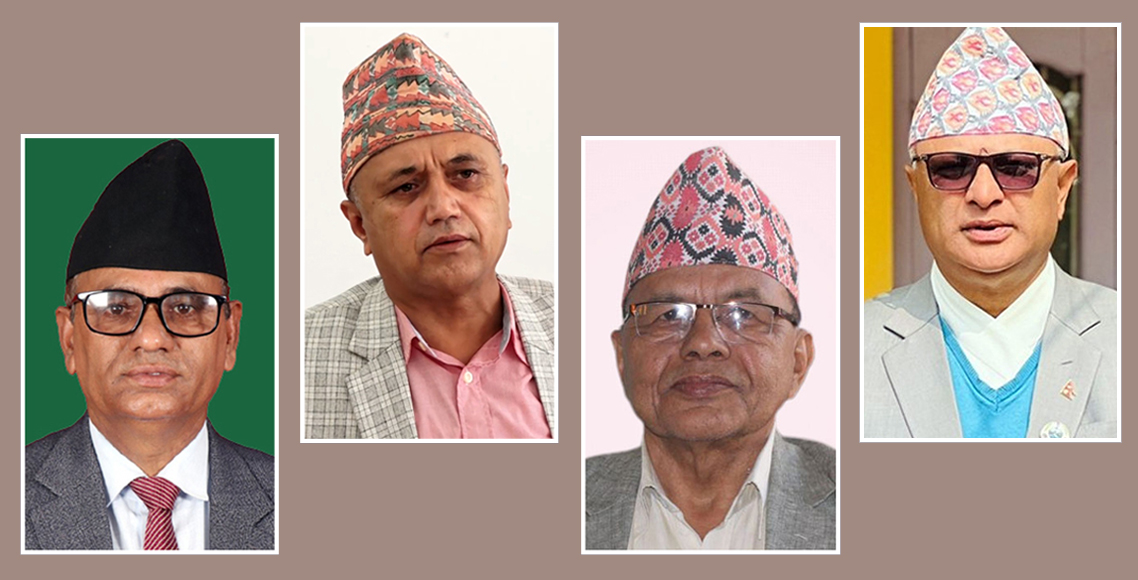
Kathmandu, June 30: After the election on Mangsir 4, UML, which led 4 out of 7 provincial governments when it broke the alliance with the Congress and formed an equation with the Maoist center, has now left all the provinces.
With the collapse of the 7-party alliance led by the UML within two months, the UML has been expanded from the union to the state by the government. The seven-party alliance formed on Push 10 was broken when it came to the presidential election. Prime Minister Pushpa Kamal Dahal ‘Prachanda’ said that he could not accept the person proposed by UML as president, and the process of UML’s exit from the government started after the Congress-led alliance woke up before the election.
Today, the government led by Chief Minister Hikmat Kumar Karki of Koshi state has collapsed. 46 votes were cast in favor of the vote of confidence and 43 votes were cast against. Karki was appointed on push 24, 2079 and took oath on the 25th.
47 provincial assembly members are needed for a majority in the 93-member Koshi Assembly. 40 members of the UML and 6 members of the RPP voted in favor of Karki. 29 members of the Congress, 12 members of the Maoists and 4 members of the CPN-S have voted in opposition. Janata Samajbadi party (SPN) provincial assembly member Nirmala Limbu, who is part of the coalition, was absent from the meeting.
Earlier on 11th Baisakh, the government led by Leela Giri in Lumbini collapsed. Dilli Bahadur Chaudhary of the Congress has now become the Chief Minister from the coalition led by the Congress along with the Maoists. Similarly, the government led by UML’s Khagraj Adhikari collapsed on Baisakh 10 in Gandaki. Surendraraj Pandey of Congress is the chief minister there now.
On Magh 26, Kamal Bahadur Shah was appointed as the Chief Minister of Sudurpaschim Province after UML’s Rajendrasinh Rawal failed to get a vote of confidence. Since the beginning, SPN-led government has remained in Madhesh, while the Maoist-led government has remained in Bagmati and Karnali.
Comments